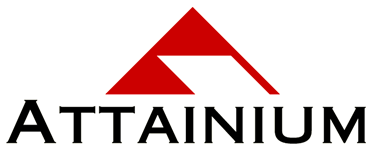Even without disasters, meeting planners are always running. In a crisis, they’re really put to the test. The Professional Convention Management Association (PCMA) offered members an opportunity to hone their disaster response skills through a unique interactive training program conducted by Attainium Corp.
“I liked the training format; it kept you on your toes,” said Shari Wilson, manager of meeting logistics for Rotary International. “The scenarios were very realistic… I’ve actually had many of them happen. When the mikes don’t work, for example, you need bullhorns.” Wilson’s meetings work for Rotary International has kept her traveling to every continent throughout the year. She deals with issues ranging from pickpockets to having a model of a land mine left in a public area.
“It’s important to have a plan,” Wilson says. “In Barcelona after 9/11 we were prepared for a huge disaster, but we didn’t have a plan for non-disaster disruptions. The Attainium training made it clear that it’s often the smaller incidents that do you in. Anything can become a crisis if it’s not handled properly.”
Independent meeting planner Lynn Reed-Kendall spent years as a conference planner. “People were rarely prepared for a disaster of any sort,” she said. “The training was very realistic; I have had to deal with many of the same situations on the job.”
Peggy Swisher, managing editor of Convene, the PCMA magazine, participated in the training to get more information about disaster response as a possible topic for Convene’s annual security issue. “It was interesting to learn what planners actually deal with; I was impressed with what they manage. I thought the training was an effective tool for teaching planners about this subject.”
Many of the participants had communication problems of one sort or another. Wilson said that more than half her team had communication problems – everyone realized they needed a communication plan so they’d know who to tell and how. Swisher pointed out that timing was important, such as when to call in the lawyer, for example.
“Communication is one of the major sticking points whenever we do disaster training,” said Bob Mellinger, Attainium CEO. “Most people understand what has to be done, but they often don’t take it far enough to plan how much and which information to give employees or the media… and when in the process to communicate which pieces.”
“I really liked the methodology,” Wilson said. “People on the team jumpstarted each other and got into the spirit of the thing.”
“It was interesting the way they kept throwing situations at the planners and testing their reactions,” Swisher said. “The debriefing session generated discussion about how others handled things, with people in different groups learning from each other.”
# # #

